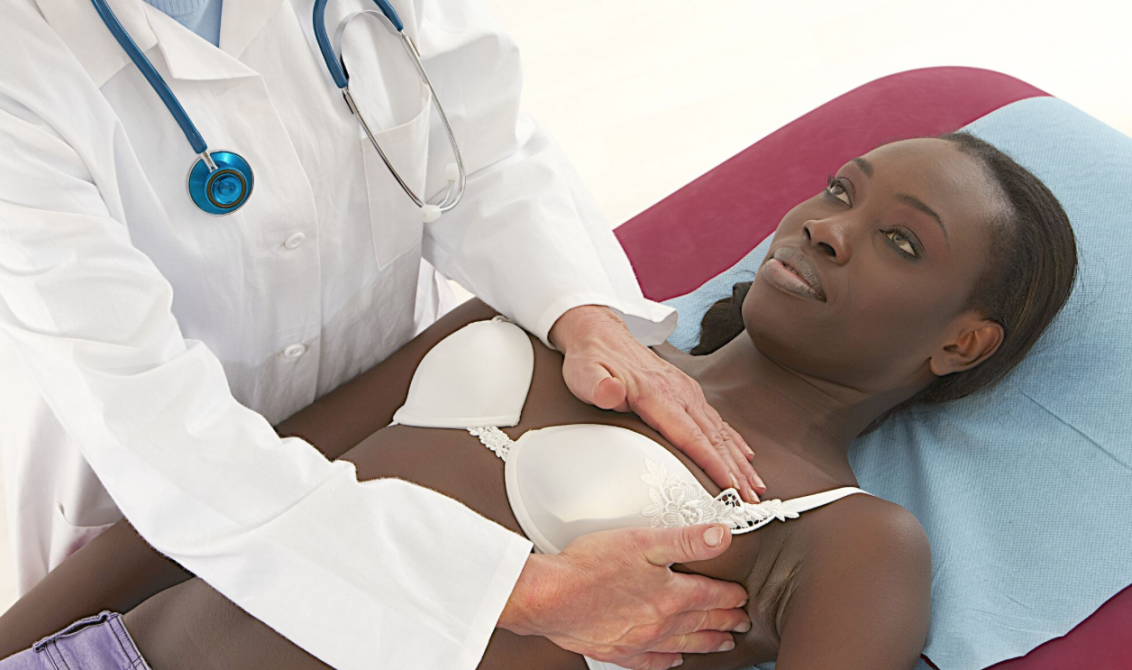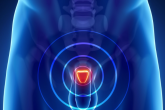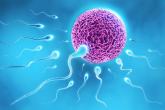
The chances are that any woman feeling a lump in her breast goes into panic mode but not every lump is breast cancer. Most breast lumps are benign (not cancer) and cause few or no health problems. However, at age 40 your risk of developing breast cancer in the next ten years increases sharply.
What we know about Breast Cancer
Breast cancer develops when cells in the breast grow out of control. As the cancer cells grow, they can begin to push on or damage nearby organs, blood vessels, and nerves causing symptoms.
- Breast cancer is the most commonly diagnosed cancer among African women and worldwide.
- It is second only to cervical cancer as the leading cause of cancer death among women in Africa.
- Rates of cancer have doubled in many African countries over the last 20 years.
- Most women with Breast cancer in Africa seek medical attention in the late stages of the illness. Often, there’s not a lot that can be done at that point to save the patient.
- Poor health awareness on the part of women, combined with the lack of early detection programs, create the huge problem of late diagnosis.
In Africa, there is limited access to timely and proper medical treatment for cancer in general.
What can increase your risk for Breast cancer?
A Breast cancer risk factor is something that makes a woman more likely to get breast cancer than other women. Nevertheless, having one or even many breast cancer risk factors doesn’t necessarily mean you’ll develop breast cancer. Many women who have breast cancer don’t have any risk factors other than simply being women.
Significant risk factors for breast cancer include:
- Being female – Breast cancer is 100 times more common in women than in men
- Increasing Age – Your risk of breast cancer rises significantly after age 50
- A personal history of breast cancer – Having breast cancer in one breast, increases the risk of developing it in the other breast.
- A family history of breast cancer – If your mother, sister or daughter had breast cancer, particularly at a young age, your risk is high.
- Inherited genes – Abnormalities in certain genes increase the risk of breast cancer and pass from parents to children. Breast Cancer gene 1 (BRCA1) and Breast Cancer gene 2 (BRCA2) are the common abnormal genes that are inherited.
- Obesity
- Not being physically active
- Drinking alcohol
Some reproductive factors can also put you at risk for breast cancer:
- Early onset of menses – Before age 12
- Late menopause – Age 55 or older
- Late or no pregnancy – First pregnancy after age 30 or never carrying a pregnancy to full-term
- Use of certain oral contraceptives and hormone replacement therapy

What are the signs and symptoms of Breast cancer?
In the early stages, breast cancer has no symptoms, which is why regular screening is vital. As cancer progresses some changes you may notice in your breast, include:
- A breast lump or thickening that feels different from the surrounding area
- Change in the size, shape or appearance of a breast
- Changes to the skin over the breast, such as dimpling
- A normal nipple that becomes inverted
- Peeling, scaling or flaking of the dark area of skin surrounding the nipple (areola) or breast skin
- Redness or pitting of the skin over your breast, like the skin of an orange
In advanced breast cancer, which has spread to other areas, there may also be unexplained weight loss, fatigue, pain, and fever.
If untreated or detected late, breast cancer is deadly. Treatment is extremely stressful physically, emotionally and financially, so it’s crucial to make every effort for prevention.
Detecting Breast cancer early
Screening tests can find cancer at an early stage, when it may be easier to treat or cure.
Given the problem of late diagnosis of cancer in Nigeria and other Sub-Saharan countries, early detection through screening tests is the best recommendation.

Screening tests for Breast cancer include:
- Mammogram: A mammogram is an X-ray of the breast. It can detect breast cancer early, long before you can feel a lump or have other symptoms. Early breast cancer is easier to treat. Having regular mammograms can lower your risk of dying from breast cancer. The recommendation is yearly mammograms from age 40.
- Breast Magnetic Resonance Imaging (MRI): A breast MRI is a special scan of the breast. MRI is used along with mammograms to screen women who are at high risk for breast cancer.
A clinical breast exam is an examination by a doctor or nurse, who uses his or her hands to feel for lumps or other changes.
A breast self-exam is when you check your breasts for lumps, changes in size or shape of the breast, or any other changes in the breasts or armpit. It should be your monthly healthcare routine. A good time to check your breasts is about two weeks after the beginning of your menstrual cycle.
Being familiar with how your breasts look and feel can help you notice changes more quickly. Report any breast changes to your doctor immediately.

Is it possible to prevent Breast cancer?
Some of the things that put you at risk for breast cancer such as genetic, environmental, and societal factors, including access to health care, are not within your control. Lifestyle factors, however, such as not exercising, alcohol use and being overweight, that influence your risk of developing breast cancer are within your control.
Even if you have the genetic tendency for the condition, you can make lifestyle changes that can reduce your risk for Breast cancer:
- Eat healthy foods
- Exercise regularly – at least 30 minutes a day
- Maintain a healthy weight
- Become familiar with your breasts through breast self-exam for breast awareness.
- If you drink, limit alcohol
Screening guidelines for early detection of Breast Cancer recommend that you begin yearly screening with a mammogram at age 40. Get screened sometime close to your birthday, so you don’t forget. That’s what I do!
Please tune in to watch The HealthZone every week on Channels TV.
- Tuesday at 2:30 pm, repeat Friday at 4:30 am (DSTV platform)
- Wednesday 12:30 pm, repeat Sunday 7:30 pm (Terrestrial platform)
- Thursday 4:30 pm, repeat Friday 12:30 pm (UK Sky TV channel 575)

